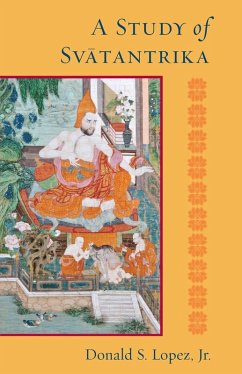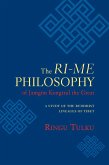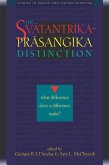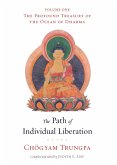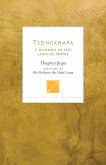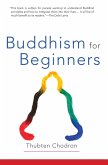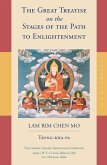A Study of Svatantrika represents an important contribution to our understanding of Madhyamika philosophy in India and Tibet. The Madhyamika is considered to have two subschools, Svatantrika and Prasaṅgika. The Prasaṅgika school of Candrakirti is better known than Svatantrika, in part because the major Svatantrika texts are preserved only in Tibetan translation. The Svatantrikas, however, made important contributions to Buddhist philosophy in their expositions of the nature of reality, the role of reasoning in the process of enlightenment, and in their delineations of the paths to nirvana. The synthesis of Yogacara and Madhyamika philosophy by the Svatantrika master Santaraksita represents the final development of Buddhist thought in India. In Tibet, Svatantrika was the first Indian Buddhist school to gain currency, prior to the translation of the works of Candrakirti into Tibetan. In preparing this Study of Svatantrika, Donald S. Lopez, Jr. consulted the major Indian works of the Svatantrikas, figures central to the development of Buddhist thought in India such as Bhavaviveka, Jñanagarbha, Santaraksita, and Kamalasila, and analyzed a number of Tibetan expositions of Svatantrika. The result is the most extensive examination of this influential school available in the West.
Dieser Download kann aus rechtlichen Gründen nur mit Rechnungsadresse in A, B, BG, CY, CZ, D, DK, EW, E, FIN, F, GR, HR, H, IRL, I, LT, L, LR, M, NL, PL, P, R, S, SLO, SK ausgeliefert werden.

